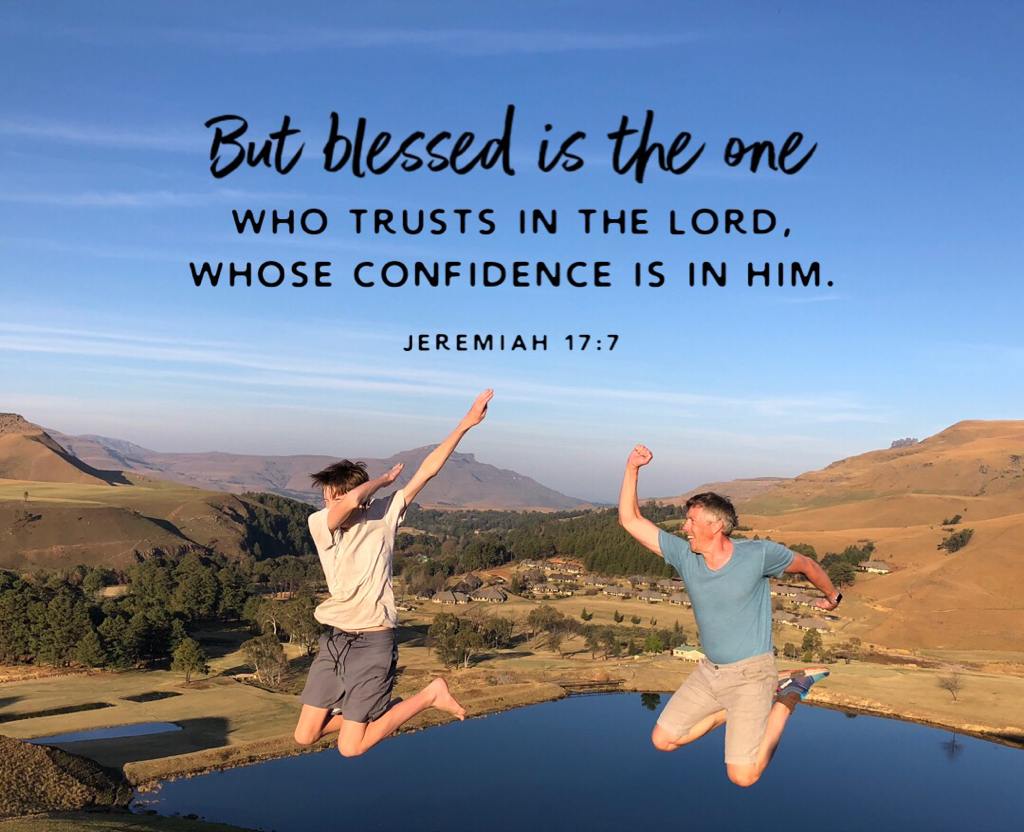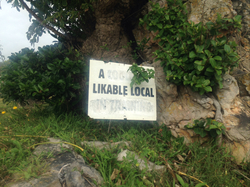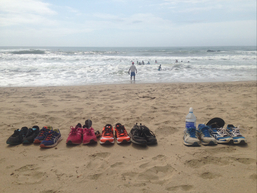This poem was inspired by my dad. As he lay gasping for breath, dying, giving away his ventilator so others may live. It was the end of a selfless, loving life. A life of caring and kindness despite hardship and cruelty. It was then that I realized that the hand I held was not just dad.
God is love.
Kindness unfettered.
Patience unending.
Peace unsurpassed.
Joy unbelievable.
Love unconstrained.
However, God had a problem.
How to show his love.
So a world of wonder he made.
Stars and seasons.
Plants and people.
However, God had a problem.
People couldn’t see him.
His love so divine,
In the stars and seasons.
In the plants and people.
So he sent his precious son.
A life of wonder he lived.
Miracles and messages.
Touching and Teaching.
His perfect son.
His perfect love.
He showed kindness unfettered.
Patience unending.
Peace unsurpassed.
Joy unbelievable.
Love unconstrained
And people saw God.
And they were in awe.
However, God had a problem.
When Jesus returned.
People couldn’t see him.
His love so divine.
In his miracles and messages.
In his touching and teaching.
So he sent his Spirit.
To reveal his Son.
Teaching and transforming.
Strengthening and Showing
The depth of his love
His power divine
Ordinary people.
Undeserving people.
Showing kindness unfettered.
Patience unending.
Peace unsurpassed.
Joy unbelievable.
Love unconstrained
And people saw God.
And people were in awe.
His love so deep.
His love so wide.
God among us.
God within us.
If you have a problem.
Just open your eyes.
The Father in Jesus,
And Jesus in us.
His promise is sure.
His Spirit is here.
Now I see God.
Now I’m in awe.
God in the stranger.
God in the broken.
God in me.
God in you.
God is here.
God is love.
My Prayer
“I pray that out of his glorious riches he may strengthen you with power through his Spirit in your inner being, so that Christ may dwell in your hearts through faith. And I pray that you, being rooted and established in love, may have power, together with all the Lord’s holy people, to grasp how wide and long and high and deep is the love of Christ, and to know this love that surpasses knowledge —that you may be filled to the measure of all the fullness of God”
(Ephesians 3:16-19)






 RSS Feed
RSS Feed